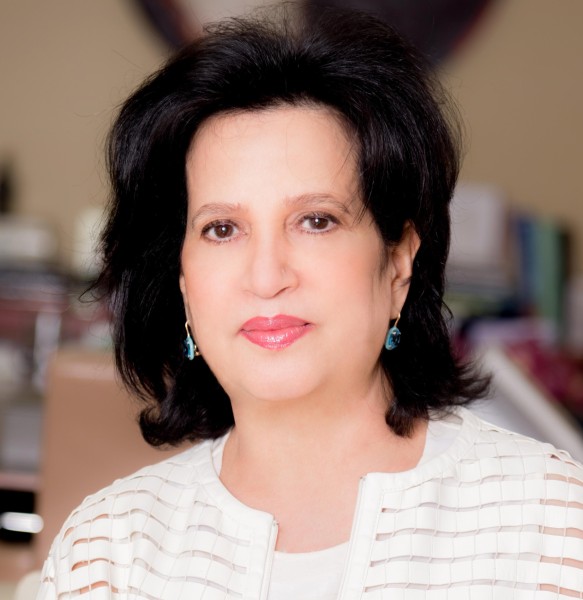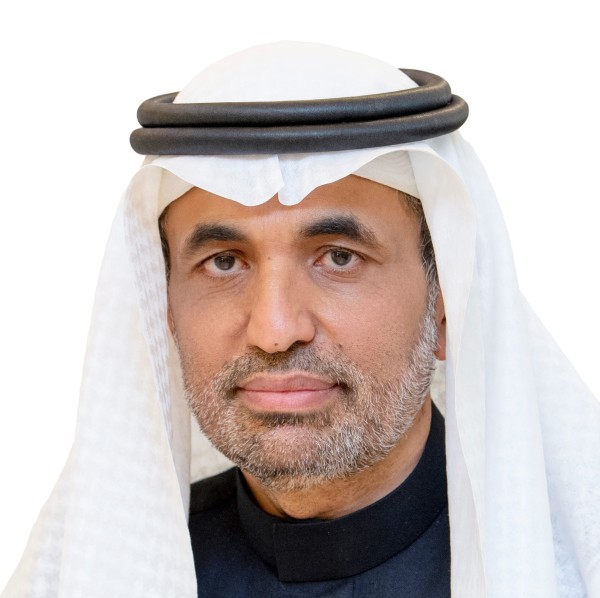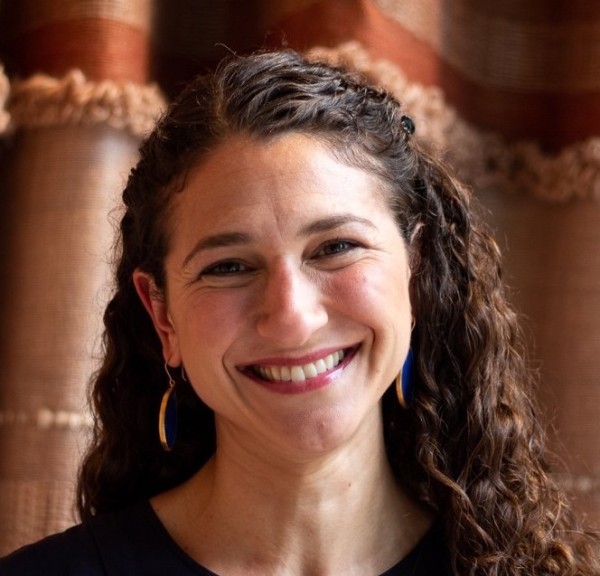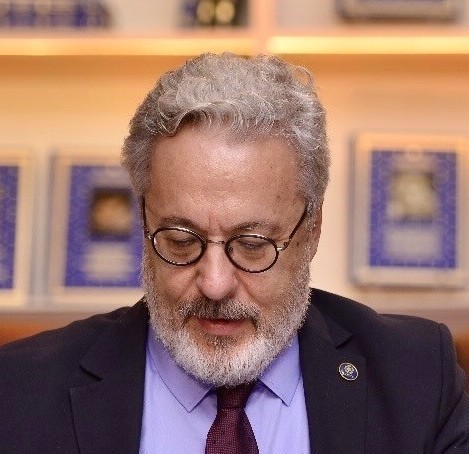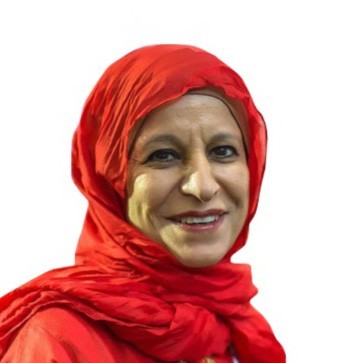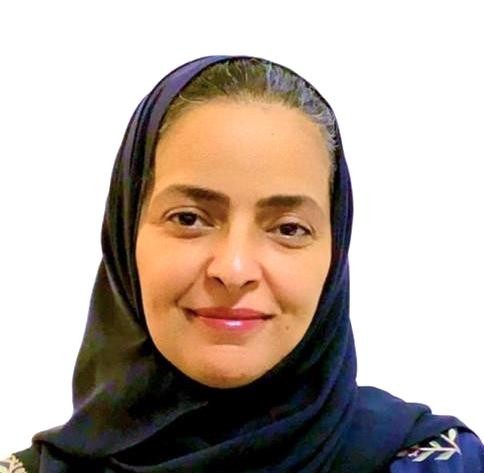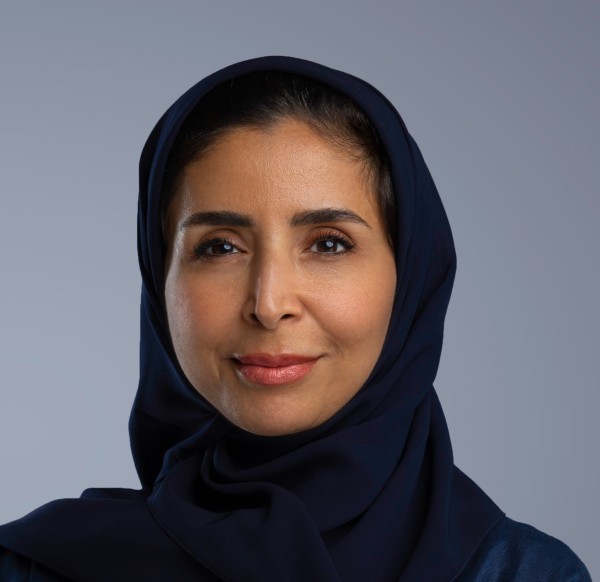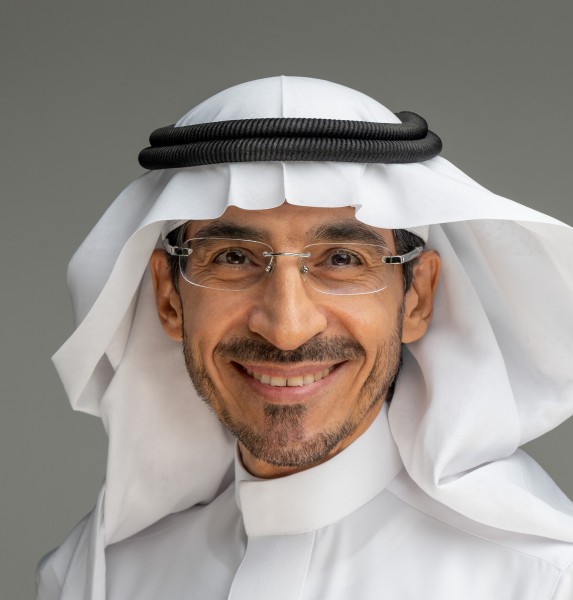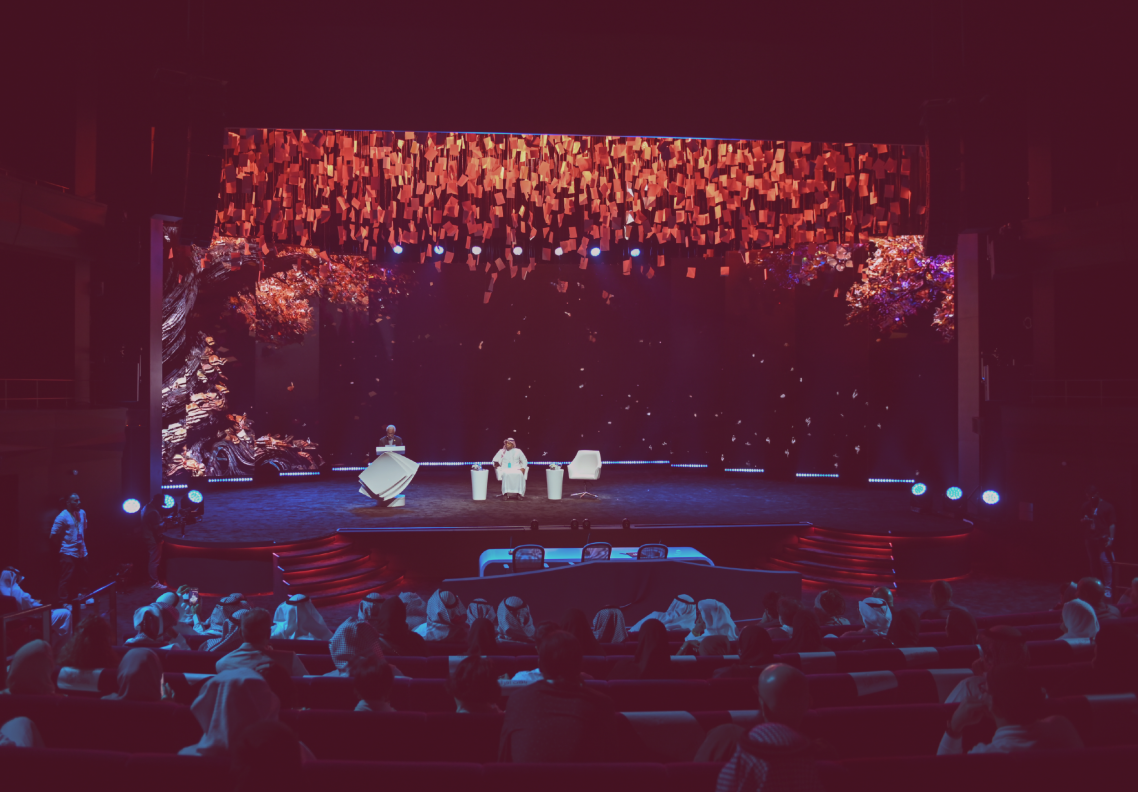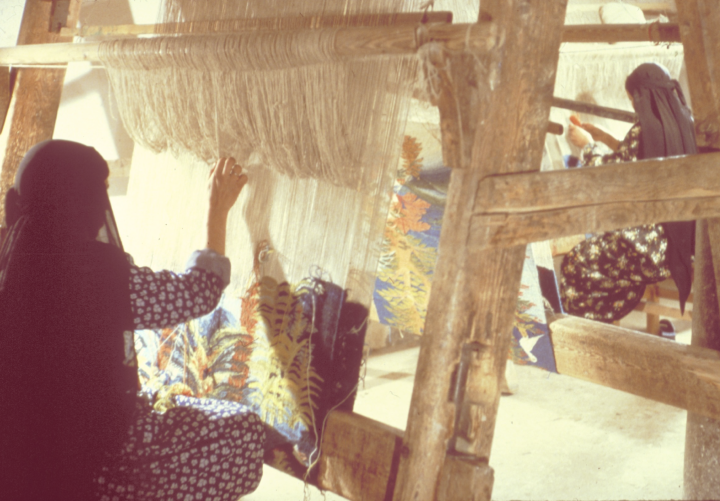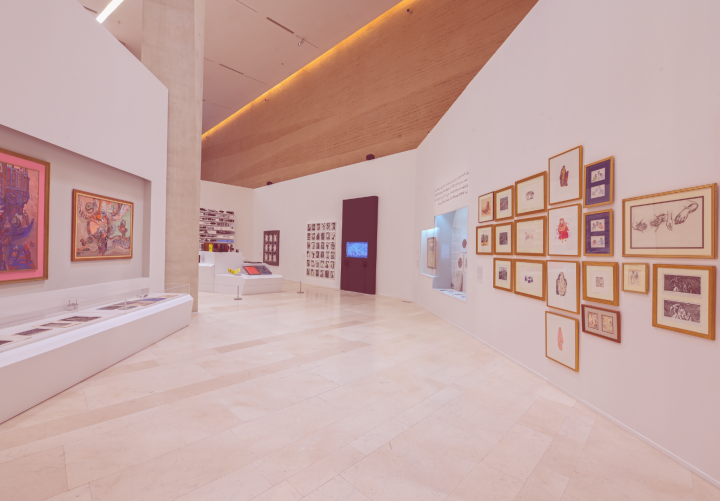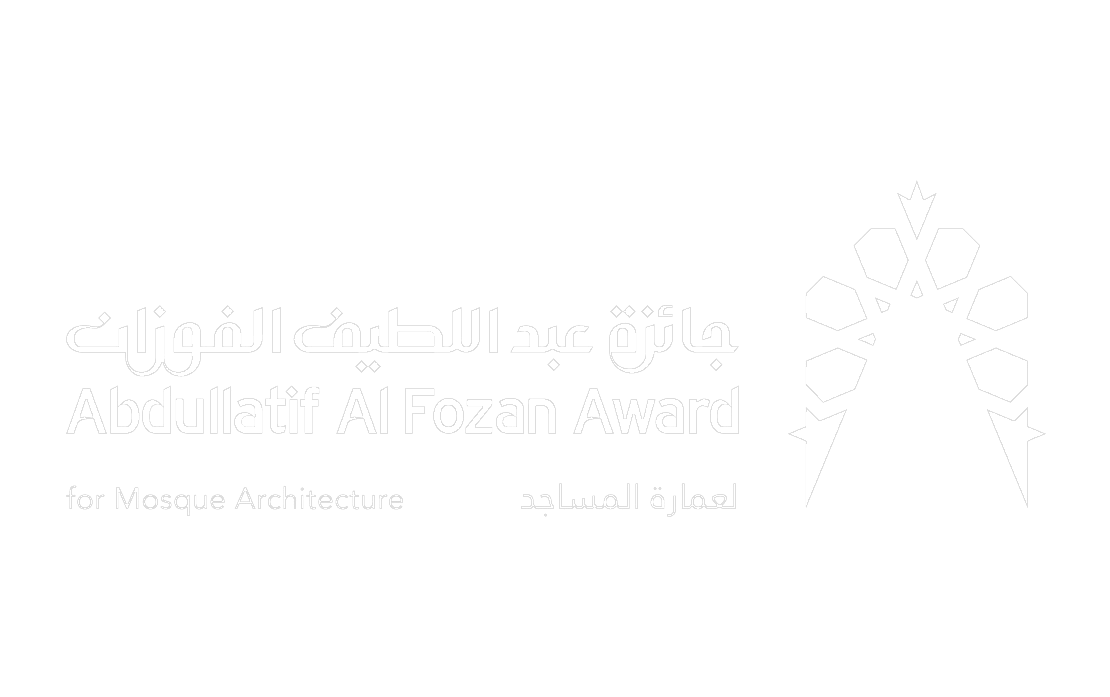About the Conference
The goal of this conference is to demonstrate the living nature of Islamic artistic traditions through the work of contemporary artisans, to recognize the value of crafted objects and to challenge the distinction between fine art and craft. In partnership with the Abdullatif Alfozan Award for Mosque Architecture, the King Abdulaziz Center for World Culture (Ithra) seeks to document the current state of craft in the Islamic world and shed light on new developments. The six-day event will feature lectures, panel discussions, workshops, exhibitions, film screenings and demonstrations by skilled craftsmen. It offers a unique opportunity to learn about various aspects of Islamic craft, including the relationship between patrons and craftspeople, traditional techniques and materials used and how artisanship can drive positive social change.
The conference coincides with Ithra's upcoming exhibition In Praise of the Artisan, which showcases the rich history and influence of traditional arts and crafts in the Islamic world. The exhibition presents both historic and contemporary works that embody the ethos and practices of traditional Islamic art. Visitors will gain a greater understanding and appreciation for the creativity and artistry present in the Islamic world, as well as the challenges faced by craftspeople around the globe. The immersive exhibition spaces are sure to delight and inspire our visitors.
Prominent art historians, academics, curators, museum directors and representatives from charitable organizations worldwide will come together to explore emerging trends and directions in contemporary craft practices within Muslim communities. Their shared goal is to support and revitalize the Islamic artistic tradition by emphasizing the work of contemporary artisans who keep these precious traditions alive.
As recognition and appreciation for these high-skill creations continues to grow, museum researchers are actively seeking out craftspeople and specialist workshops to gain a better understanding of their own collections. Islamic artifacts are now viewed within the context of skilled labor, craftsmanship and established artisan practices rather than simply as static objects. This has led to new initiatives that support and promote traditional craft skills through training programs, job opportunities and efforts to adapt to global challenges. Through this conference, Ithra strives to lead this discussion and further fuel the renewed interest in historical and contemporary Islamic arts and crafts.


